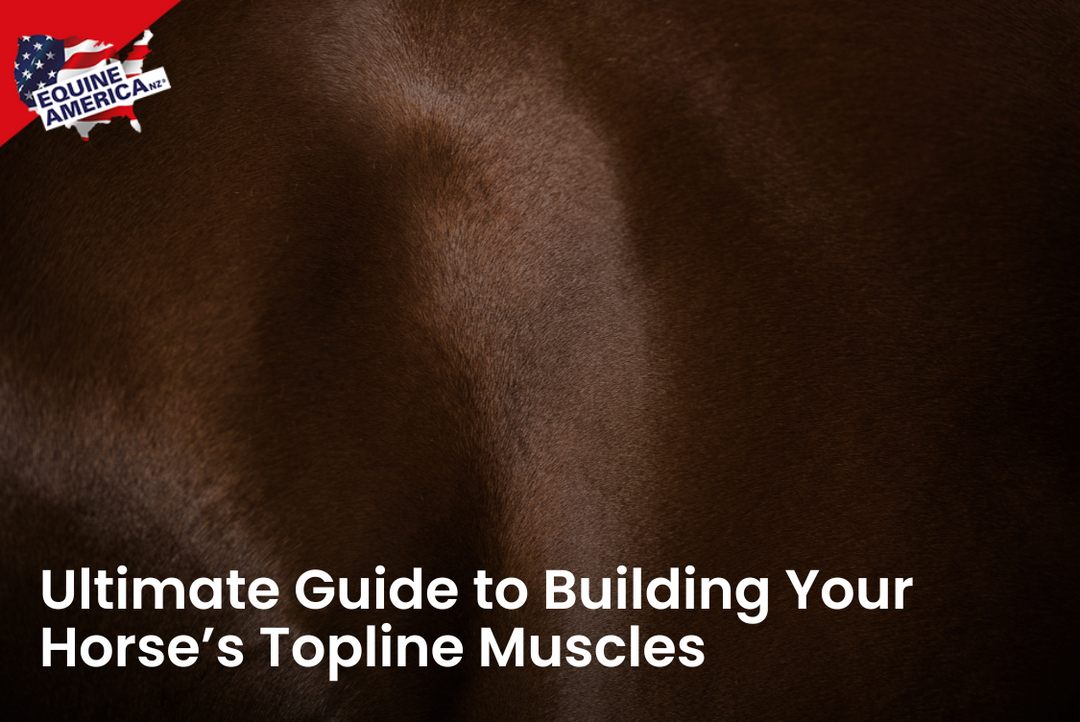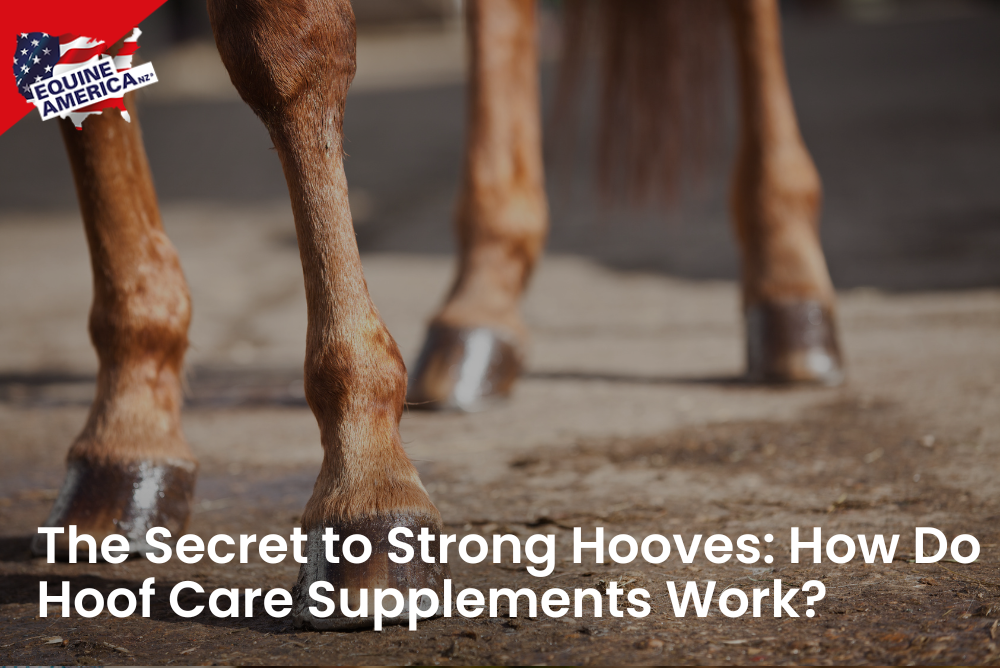Are you wondering how you can best offer the dietary support that your horse needs? Did you know that vitamins and minerals are crucial components of this? Fats, proteins, and carbohydrates are often thought of as the most important components in the diet of a horse. However, vitamins and minerals are just as important for a horse’s vital body processes.
If you’d like to learn more about what important vitamins and minerals horses need on a daily basis, feel free to continue reading our blog article.
What Are Vitamins and Minerals?
Vitamins and minerals are organic compounds that are readily available from grains and dried or fresh forage. For pleasure horses, most of their daily vitamin and mineral requirements are met when they consume good-quality hay or grass.
However, youngsters, elite equine athletes, broodmares, or horses that are experiencing stress, undergoing more constant physical activity or recovering from an illness will usually require more minerals and vitamins than the best grass or hay can offer. For these horses, commercial feeds that are formulated according to the appropriate activity level or life stage will usually provide these needed vitamins or minerals in appropriate amounts.
Another reliable option involves targeted supplementation which involves adding specific vitamin and mineral formulations to your horse's daily ration.
Essential Vitamins For Horses
There are several important vitamins that horses need to receive in their diet. These vitamins include the following:
1. Vitamin A
Vitamin A facilitates cell regeneration and differentiation, playing a vital role in healing and growth. The body produces Vitamin A from carotene pigments obtained from fresh green forage.
2. Thiamin (Vitamin B1)
Vitamin B1 assists with metabolising carbohydrates as well as extracting energy directly from the horse's diet.
3. Absorbic Acid (Vitamin C)
Collagen is one of the primary components of the horse’s connective tissue. Vitamin C is produced in the liver of the horse to facilitate collagen synthesis. Ingested Vitamin C is broken down by gastrointestinal bacteria before it reaches the bloodstream.4. Vitamin D
Both forms of D2 and D3 bind to magnesium and calcium to maintain bone formation and electrolyte balance. This important vitamin also regulates phosphate excretion in the urine.5. Vitamin K
Vitamin K is necessary for the use of multiple proteins throughout the horse's body and for blood clotting. K1 can be found in dried and fresh leafy plants while K2 is synthesised readily by the bacteria in the gut. K3 is a synthetic form that is included in a range of vitamin supplements.6. Vitamin E
Vitamin E works with selenium by counteracting the harmful effects associated with free radicals (oxygen byproducts) that come from normal cellular metabolism. Vitamin E is found in growing forages such as timothy and alfalfa and in grains in smaller quantities.
Essential Minerals For Horses
Aside from vitamins, minerals are also a necessary component of every horse’s diet. If your horse lacks in minerals there are several options to address this such as giving your horse loose minerals. The important minerals to look out for include:
1. Calcium
Calcium makes up around 35% of the bone structure of horses and plays an important role in muscle function, heart-rate regulation and blood clotting. The balance between phosphorous and calcium is vital in healthy bone development.2. Iron
Iron plays a vital role in hemoglobin production and oxygen transport which is important to the endurance potential of a horse. Even though iron supplements are given as a common practice to many equine athletes for enhancing performance, additional iron will provide no advantage unless the animal is deficient. Most grains and forages contain ample supply for all stages of development and work in horses.3. Phosphorus
Phosphorus works well with calcium by providing strength to the bones. It can be found in cereal grains and hay.4. Selenium
Selenium works with Vitamin E to counteract potentially harmful free radicals while also aiding in the development of muscle.5. Sodium Chloride (Salt)
Sodium chloride is vital for the regulation of bodily fluids and the conduction of electrical impulses to the muscles and nerves. Forages and unfortified grains only contain trace amounts of salt, which is why supplemental salt in either loose or block form is a requirement for every equine diet.
Final Thoughts
Now that you know more about what type of vitamins and minerals your horse requires daily, the next step involves finding a brand that you can rely on that provides research-backed products. Here at Equine America NZ we are a reputable brand that sells a comprehensive range of high-quality horse supplements.
Please give us a call at Equine America NZ today at 0800 440 888 to learn more or leave an enquiry.




